Mission: the simple life
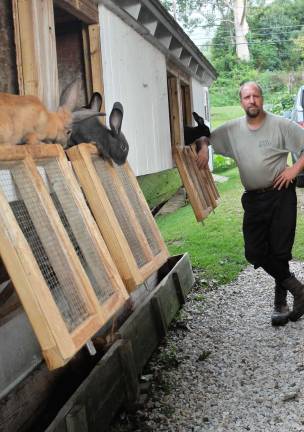
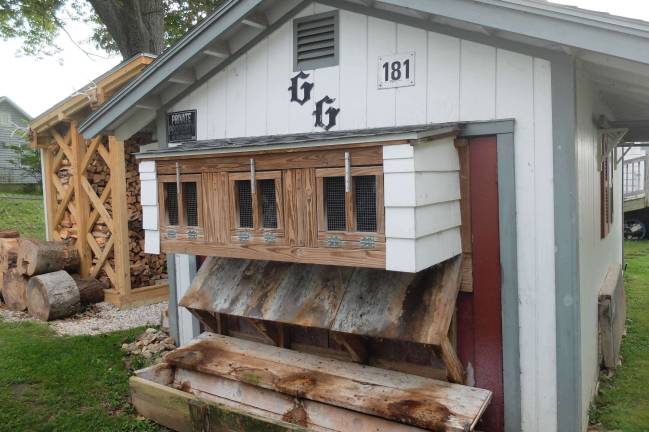
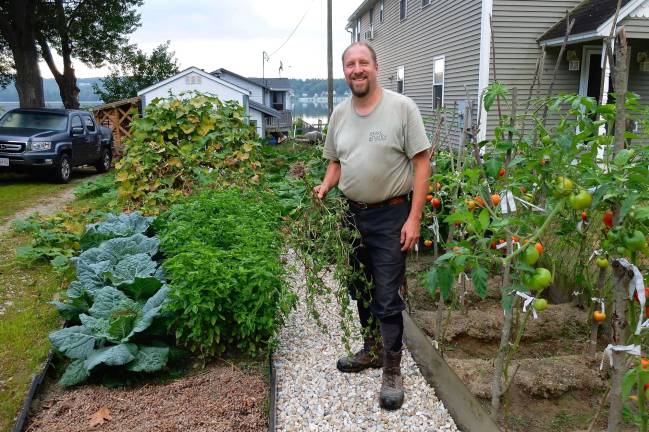
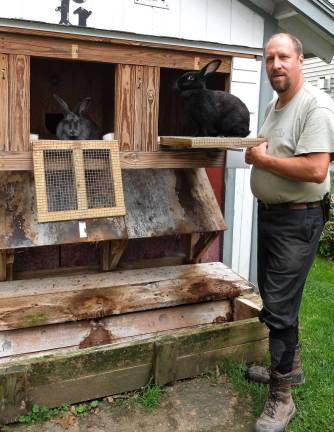
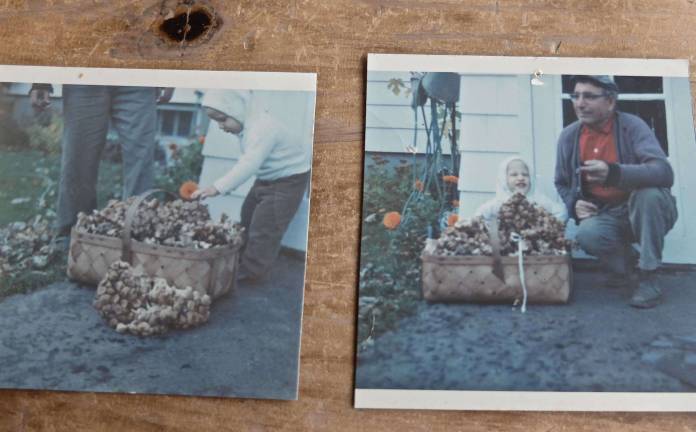
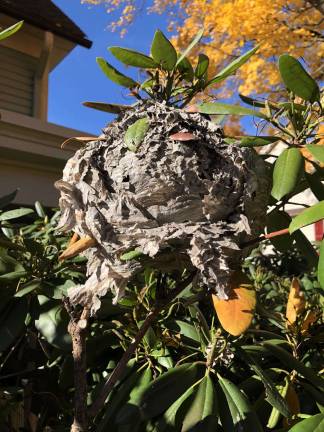
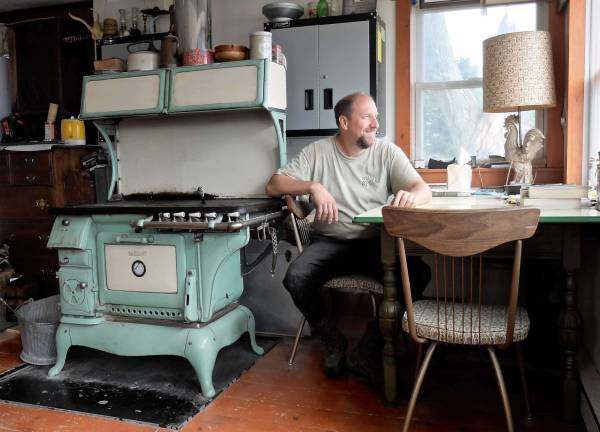
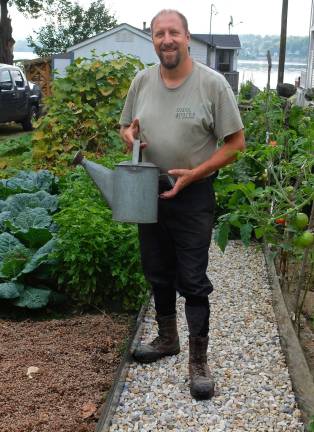
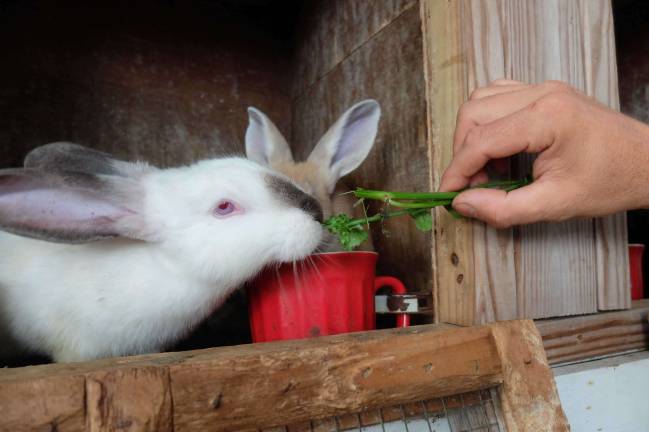
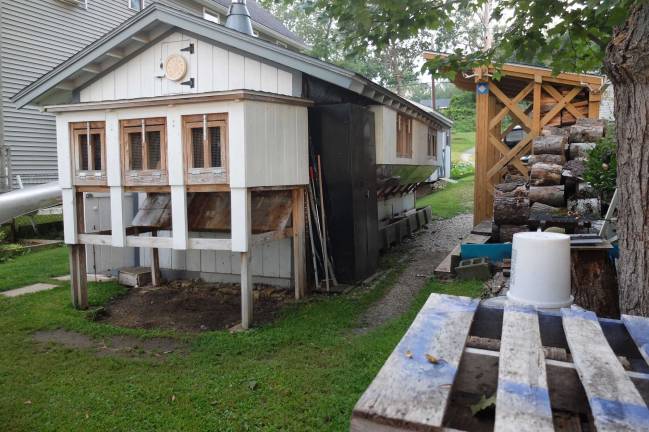
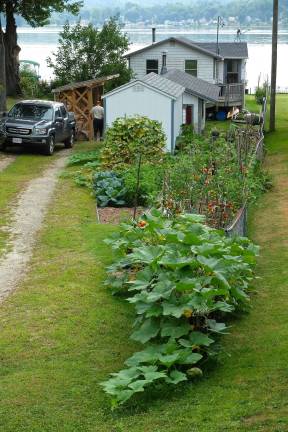
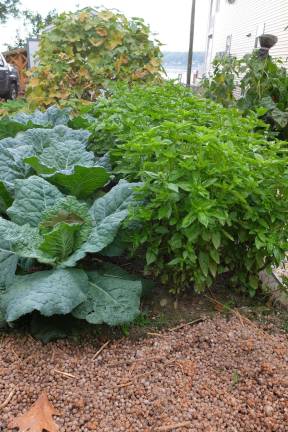
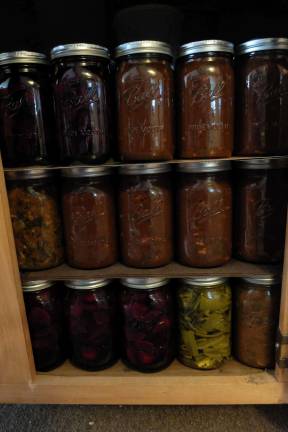
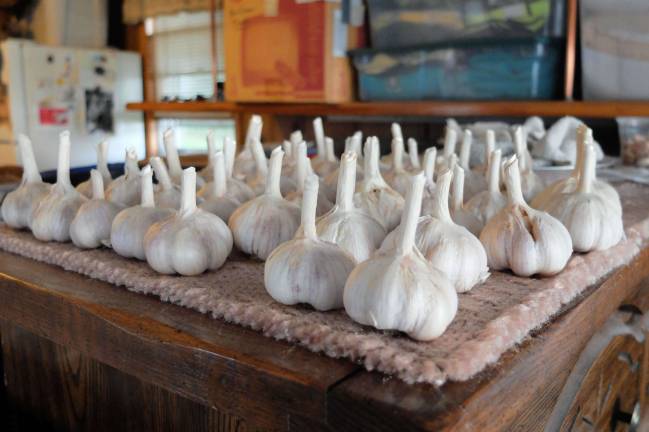
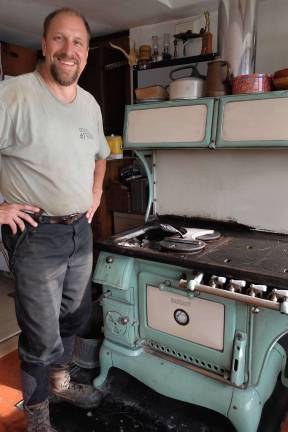
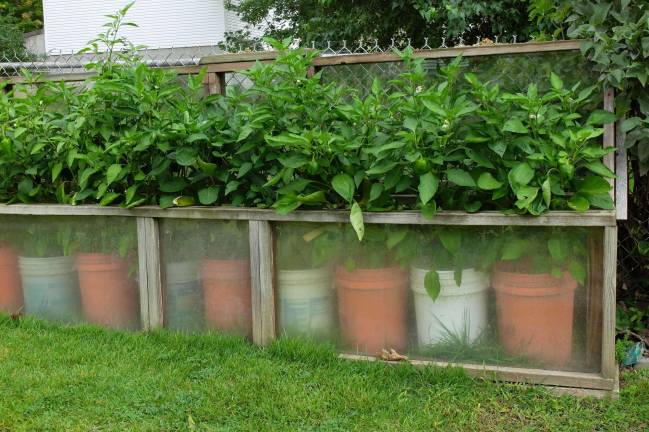
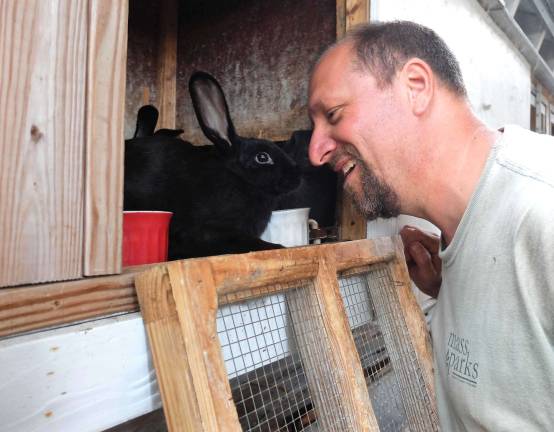
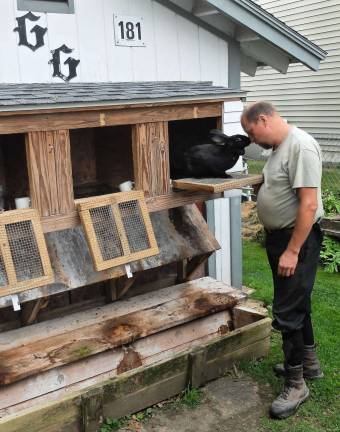
“I do it every morning,” says Richard Gniadek, returning his young rabbits’ furry nosed kisses as he feeds them endive going to seed from his garden. “I shouldn’t, cause I’m going to eat ’em, but I love ’em. ‘Look at the lake,’ I tell ’em,” as the sun rises over Pontoosuc Lake in Western Massachusetts. “‘How are you doing?’”
For the last 15 years, Gniadek has been on a mission to simplify his life. He’s always worked with his hands, first as a tin knocker or sheet metal worker like his dad, then with a degree in soil science, traveling the country as a golf course superintendent. When he tired of that, he found a job as a machinist in his hometown of Pittsfield, Massachusetts.
Three years ago, at 51, Gniadek took the final step on his planned route and quit his full-time job. Now he works seasonally, clearing trails for the state park system. He brings in enough to cover his carefully figured annual budget of $15,000. The rest of the time he’s foraging, hunting, fishing, tending his vegetable garden and raising rabbits to fill his freezer and cupboards, providing 90 percent of his own food needs.
As the first step in creating his urban homestead, Gniadek jacked up and insulated the three-season shack his Polish Italian family had used as a vacation home. Next he dug out the driveway of the 30-foot shotgun lot to make a vegetable garden.
When I visit in late August, every inch of space is overflowing with produce. Lush pepper plants grow in buckets in the cold frame. Always experimenting, Gniadek discovered that the peppers give higher yields with this set-up, which gives them extra daytime heat, while allowing their foliage to cool at night.
In the kitchen he’s simmered down two five-gallon buckets of tomatoes into “tomato mud” for the chunky sauce that he’ll put up for the winter, adding the peppers along with some of his dried garlic, basil, and oregano. His cupboards are already stuffed with canned pickles, beets, beans, squash, dried herbs and foraged mushrooms.
“I’m a single guy that has 12 burners in the house. It’s like a science experiment. I crank the tunes and I cook,” he says. He points out his three stoves, including a Bakeasy oven that his grandfather, Salvatore, bought in 1927. Gniadek shows off a snapshot of his grandpa and himself as a little kid with a giant basket of Papinka or honey mushrooms they’d harvested together. “Grandpa always had his garden and his rabbits and his beagle so he could go out hunting rabbits and partridge and pheasant. He did all the things that I like to do now. I’ve turned into him!”
Gniadek helped his grandfather and father raise rabbits when he was a kid. He began raising his own with a male and two breeding females. Now he maintains three of each with the aim of stocking his freezer with 16 young rabbits each season. “Another breeder showed me a very quick way to snap the neck and bleed them,” he said. “It’s both a good day and a bad day. Regardless, it’s a necessary part of the harvest.”
The rabbits are also one of the key ingredients in the bounty of the garden Gniadek has carved out of a narrow, lakefront lot. He’s constructed their cages suspended off the sides of a shed so that their manure falls into a wooden trough below. Once a crop is finished for the season, he fills the bed with a thick layer of rabbit poop, letting the red worms break it down into rich castings for next year’s plants.
Some locals complained about Gniadek raising livestock in his yard. Luckily for him he lives in a Right to Farm community. Nevertheless, it upset him to know that some of his neighbors couldn’t see the value in what he’s doing. “If everybody did this we wouldn’t have some of the problems that we do with obesity and global warming and wasting food.”
In the fall, when his trail maintenance job ends, Gniadek puts his garden to bed and goes metal detecting, a hobby he’s practiced since he was a kid. This season out in the fields, he found some old copper farm implements, several Colonial pennies, a standing liberty quarter and a Spanish real. He ponders the origins of these items, taking satisfaction from the fact that what he’s doing is part of a long tradition of living off the land.
Since shifting his lifestyle, Gniadek finds that his blood pressure and stress level have gone down. He has time to meet friends for coffee or take his mom shopping. He’s achieving the goals he set for himself: keeping his footprint small, living simply and living well.